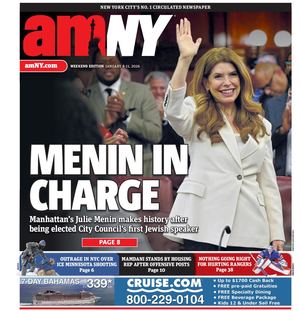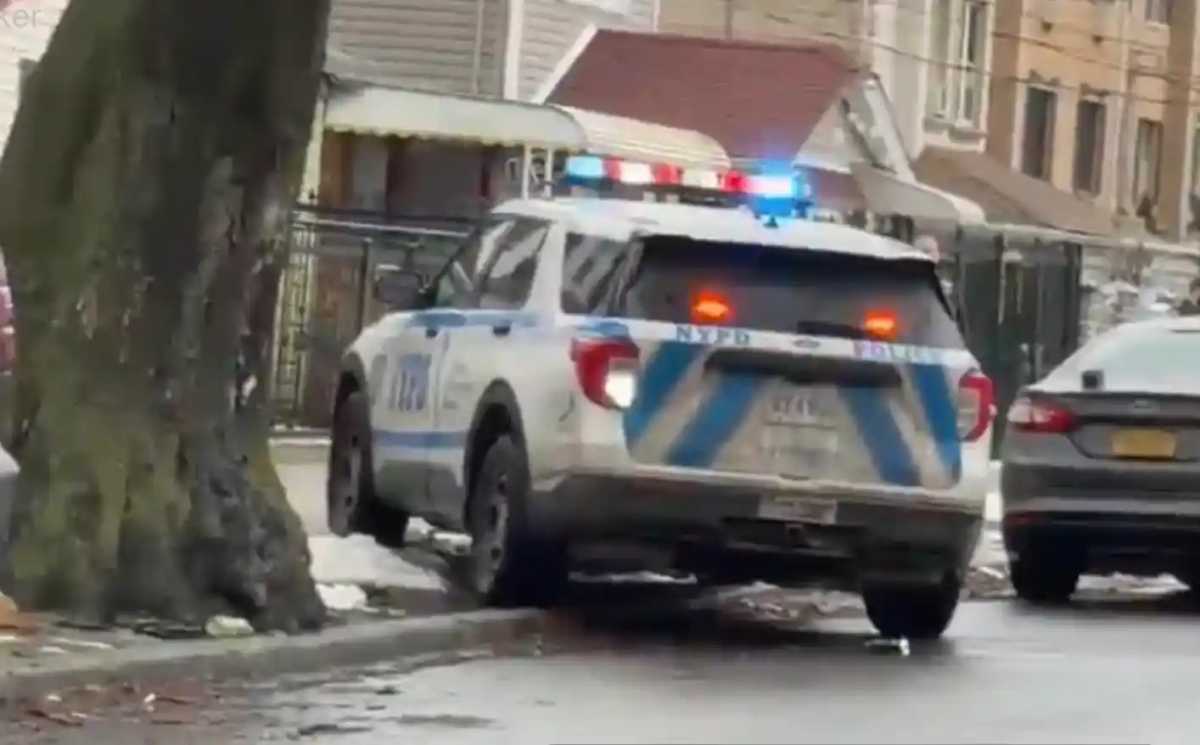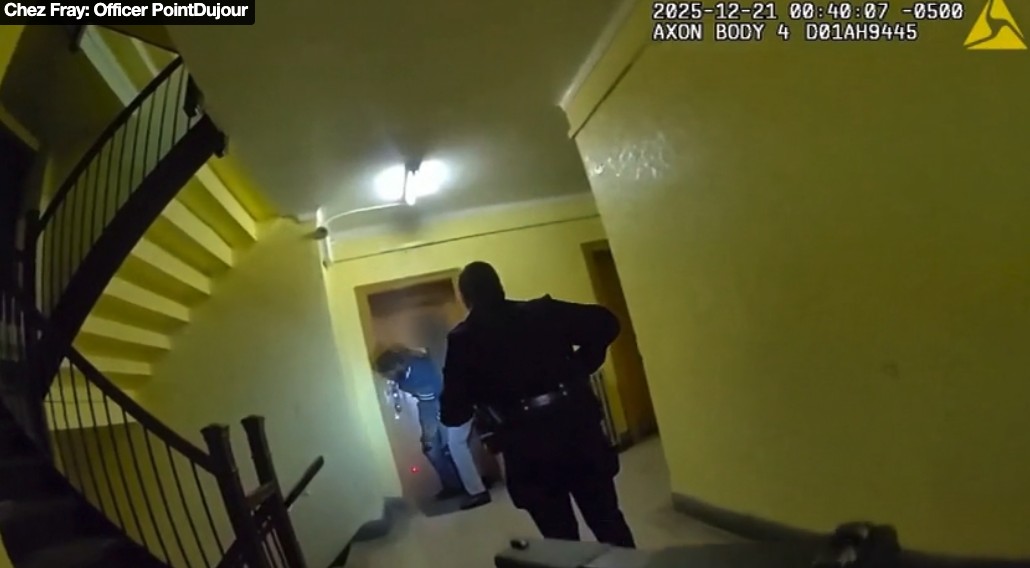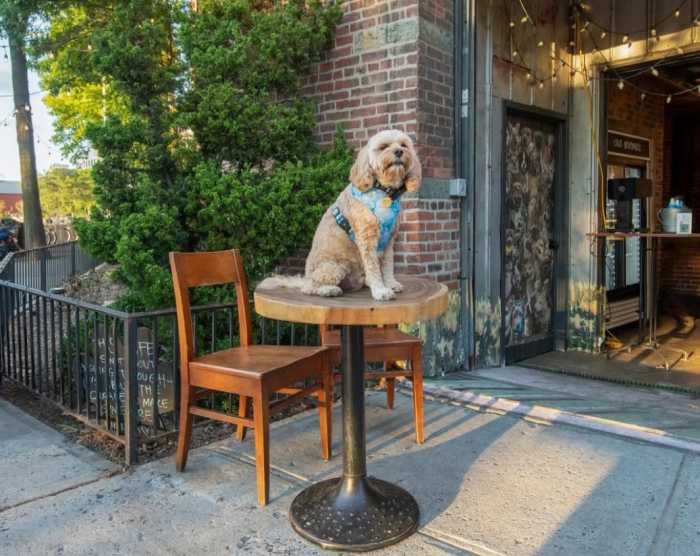By Aline Reynolds
Revisions made to the Broadway Soho Business Improvement District proposal are not satisfying residents who have opposed the initiative from the get-go.
The BID’s steering committee has decided to reduce its first-year budget from $700,000 to $550,000, per the request of area residents, property owners and Councilmember Margaret Chin. The committee has also eliminated the mandatory assessment fee for co-op buildings in the proposed catchment area, so that residents in its 14 mixed-use co-ops would be charged only $1 per year.
The BID, which would cover Broadway between Houston and Canal Sts., would help promote businesses, keep the corridor clean and control the heavy influx of tourists that visit the area, according to Brian Steinwurtzel, chairperson of the BID’s steering committee. In the BID’s first-year budget, $200,000 would finance sanitation and snow removal, while another $200,000 would be spent on advocacy and administration, with the remaining $150,000 going toward pedestrian and public safety.
The committee decided to scale the original budget back in response to community members’ concerns, Steinwurtzel said.
“Residents wanted to have a narrower scope to start in order to ensure that what we said we’d do, we’d do,” he said.
City legislation authorizing the BID’s creation was introduced June 14. A hearing has yet to be scheduled.
Some property owners and residents, however, are maintaining their opposition to the BID no matter what its startup budget is.
“Today, it’s small, but tomorrow, they’re going to start asking for more money in assessment fees,” said Zvi Mosery, who owns two buildings in the BID’s catchment area. “There’s no reason to pay a dime — reduced budget or not.”
Broadway businesses, Mosery continued, don’t need a quasigovernmental organization to help promote their merchandise or keep their sidewalks clean. Duane Reade and Zara, the retailers that occupy the bottom floors of his buildings, clean their storefronts daily to avoid city fines, he said.“Businesses are having trouble as it is with the economy. There’s no reason to add more burden on them,” Mosery said. Like himself, most property owners would pass down the BID’s assessment fee to their retail tenants.
The fact that the BID would charge residents at all is suspicious, said Jason Adams, a co-op resident at 542 Broadway. “If they’re not charging the residents, don’t charge a dollar,” he said of the revised proposal.
The purpose of forming BIDs, historically, Adams noted, “was to revitalize certain areas. I don’t think there’s anybody who honestly thinks Soho needs to be revitalized,” he said.
Jamie Johnson, a shareholder in a co-op building at 491 Broadway who runs a nonprofit arts organization there, feels the Soho Broadway BID would, by its very nature, be undemocratic.
“What it comes down to is nine property owners in this neighborhood carrying the majority of the property value on Broadway,” Johnson said. In order to block the BID’s formation, at least 51 percent of property owners — or, alternatively, more than half of the district’s assessed property value — must submit objections to the City Clerk’s Office following the City Council hearing.
The rapid commercialization of the district that the BID could spark, Johnson said, could eventually drive up property values and alter the character of the neighborhood against residents’ wishes. These changes, she fears, could ultimately drive out property owners like herself.
“I think they’ll make it very comfortable for big corporations to have their flagships here, and I think that any small business that continues to exist will disappear,” she said. “The only people who will be able to afford any of these spaces will be extremely rich people.”
Johnson and others also fear the BID’s eventual expansion into other parts of Soho — particularly since a Freedom of Information Law (FOIL) request made by the new opposition group Soho No BID revealed just such a discussion among BID steering committee members in 2009.
“They’ve told us, ‘We’re not interested in expanding the BID to include all of Soho.’ But it’s perfectly clear that’s exactly what they want to do, and that this is just the first step,” said Johnson.
Steinwurtzel denied these claims. The steering committee, he said, hasn’t considered an expansion to the proposed district’s area for at least a year and a half.
“It was brought up in initial meetings and discussions only because it was appropriate to explore all the different options,” he said.
The creation of the BID proposal, Steinwurtzel asserted, has been democratic “all the way.” The steering committee, he noted, has conducted public and private meetings inviting area residents and property owners to pitch their ideas.
“We want residents to be involved in decision making to make sure it’s done appropriately,” said Steinwurtzel.
Also countering the opponents’ arguments, Steinwurtzel said the BID is essential to sustain Broadway as a thriving corridor, particularly since the Association of Community Employment Programs for the Homeless (ACE) is no longer sweeping up and emptying trash baskets along Broadway, according to Jim Martin, the group’s executive director.
The nonprofit organization discontinued the service at the end of June when donations from local businesses and chain stores dried up.
“We appreciate that ACE has been paying more than it gets to keep the Broadway service going, but without ACE, there’s a significant hole in services the neighborhood needs,” Steinwurtzel said.
Soho resident and BID supporter Saul Cohen, who owns Necessary Clothing, a retail store at 442 Broadway, said the corridor looks “horrible” since ACE stopped caring for it. The trash, the business owner fears, will deter shoppers from returning to the neighborhood.
“Every day, there’s tons of garbage,” he said. “The BID will put the responsibility in the hands of the people to make sure the problem gets solved.”
The steering committee, Steinwurtzel said, will commit to financing ACE’s continued Broadway services once the City Council schedules a hearing for the BID.
“If we feel confident the BID will proceed forward,” he said, “we’ll come up with the money to provide services in between. Otherwise, it’s just us carrying the whole corridor, and it just isn’t fair.”
Broadway resident Peter Davies, one of the lead activists against the BID, accuses the real estate companies advocating for the initiative — many of whom are represented on the steering committee — of intentionally letting ACE’s Broadway service fold in order to generate support for the BID. Yet some of them, he said, haven’t donated one cent to ACE.
“Steinwurtzel’s statement shows that the group behind the BID cares little about actual trash collection on Broadway, instead using the issue as a bargaining chip,” Davies charged.
Regardless, voluntary or grassroots alternatives to BIDs have proven ineffective, according to Steinwurtzel.
“The 64 other communities which have formed BIDs have found that voluntary contributions to sidewalk cleaning aren’t as effective as the guaranteed support provided by a BID,” he stated. “This is something that’s been proven time and time again. If you know something will work, why would you do something different?”






































